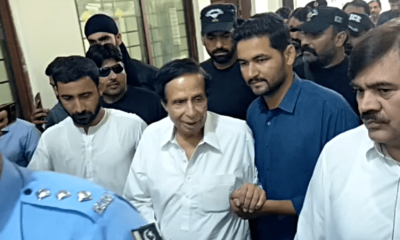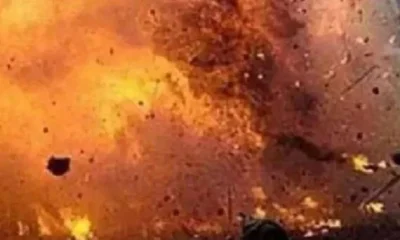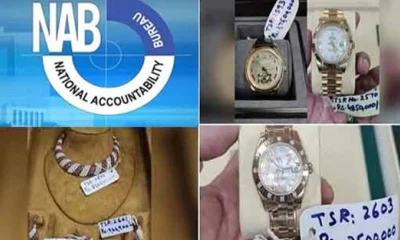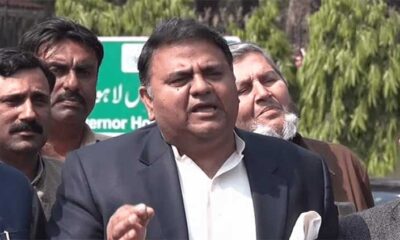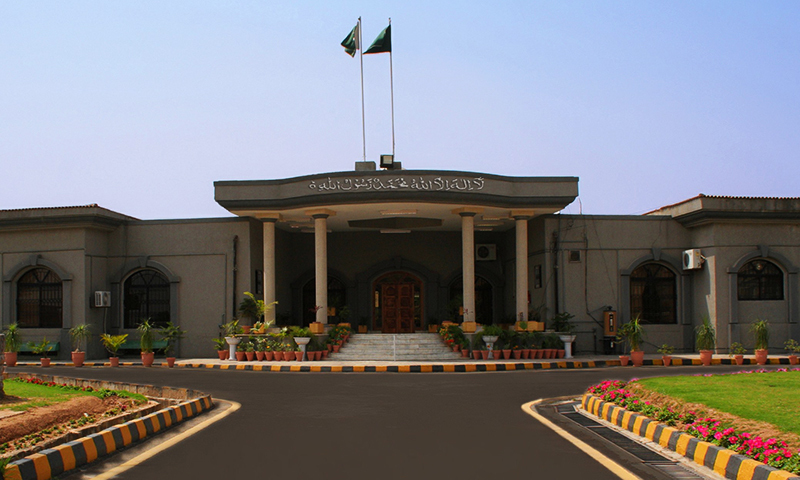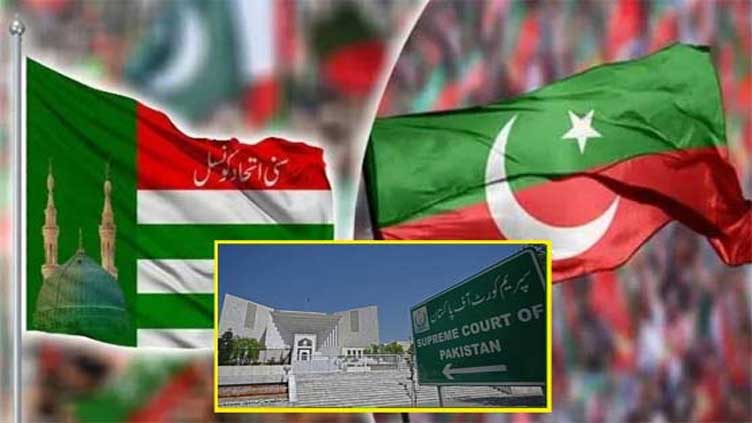ISLAMABAD: Minutes after his release, Pakistan Tehreek-e-Insaf (PTI) leader Fawad Chaudhry evaded arrest as the police made a move to detain the former information minister as he was leaving the Islamabad High Court (IHC).
After securing bail from IHC, Fawad had just sat in his car and had barely moved when he saw Anti-Terrorist Squad personnel moving towards him.
As soon as he saw the cops moving towards him the PTI leader ran out of his car and into the premises of the IHC to evade arrest. He is currently back in the court room along with his lawyers.
Interestingly, the police made a move to arrest the PTI leader despite him submitting an undertaking in the IHC of not violating the section 144 and taking part in protests.
Earlier today, the IHC had declared the arrest of PTI leaders Fawad, Shireen Mazari and Senator Falak Naz under Section 3 of the Maintenance of Public Ordinance (MPO) “illegal”.
The orders to release the PTI leaders were issued by Justice Mian Gul Hassan Aurangzeb’s court while hearing separate pleas.
During Fawad Chaudhry’s hearing, Islamabad Advocate General Barrister Jahangir Jadoon appeared before the single-judge bench.
“I want to place some facts before the court,” he said, informing the court that the copy of the court’s order was not given to the IG office and law officers. He added that the biometric verification of the PTI leader was also not done on the petition.
At this, the judge rebuked the lawyer saying that he wasn’t the judge and it was the court’s authority to see whether the biometrics had been done.
Moving on, the AG contended that Fawad Chaudhry had not been arrested in any case. He would have been required to be presented in court if the arrest had been made under a case.
Barrister Jadoon further argued that Fawad through his conduct had to prove whether he is a peaceful citizen or not. He added that the nation incurred losses of billions due to the incidents of May 9.
At this, Justice Aurangzeb remarked that the court had not barred the authorities from taking action on those incidents.
However, Jadoon mentioned that the court while stopping Imran Khan’s arrest had mentioned the MPO separately. If they had stopped arrest in cases only, the arrest could have been made under MPO, he added.
At this, the court asked who had advised that the arrest could be made under MPO.
To the court’s query, the AG responded that no one had advised them, however, they were unaware of the court order against arrest.
The government lawyer then presented a tweet by Fawad, posted on May 10, saying that it was a video of the PTI leader inciting workers to join the protests.
The government lawyer stated that Fawad in his tweet had said that it was liable to the PTI workers to take part in protests following Imran Khan’s arrest.
On this point, Babar Awan argued that the deputy commissioner must have known about the high court’s order on the arrest by now. He urged the court to extend its order stopping authorities from arresting Fawad and his client be given time to contact the relevant court.
The court then asked if the police had shown any documents to the PTI leader at the time of his arrest.
“When the order was read, the police officer said he did not know English,” said Awan. He added that his client was arrested based on material that does not exist.
To this assertion by the PTI lawyer, Justice Aurangzeb responded that the incidents that occurred after Imran Khan’s arrest should be taken seriously.
“Fawad Chaudhry is an important person, a former federal minister, does he not know the mob of Pakistan?” asked Justice Aurangzeb.
“When Fawad asked people to come out did he expect only law-abiding citizens to come out?”
“If the district magistrate does not pass this [detention] order on the matter then what should be done?” asked Justice Aurangzeb. He further added that the court had summoned Fawad so that he could be released.
“It had not seen the material shared by the advocate general today.”
The court had then reserved the verdict.
IHC declares Shireen Mazari’s arrest illegal
Earlier, Justice Aurangzeb while hearing a plea ordered the release of PTI leader Shireen Mazari and declared her arrest under Section 3 of Maintenance of Public Order (MPO) illegal.
The former human rights minister’s daughter Imaan Mazari had approached the IHC for the release of her mother.
During today’s hearing, the petitioner’s counsel Zainab Janjua informed the court that the district magistrate ordered Shireen Mazari’s arrest fearing that she may harm the law and order situation. She added that the former minister was accused of inciting PTI workers.
However, the counsel explained to the court that her client was in court since May 9 and had not even issued any public statement. She added that the former ministers’ location at home can be checked through the CCTV footage and call data record.
“Tell us what is the age of Shireen Mazari,” asked the court upon hearing this.
Janjua told the court that the PTI leader was 72 years old and has medical issues as well.
At this point, the deputy commissioner, who was acting as the district magistrate, appeared in court.
However, the DC’s failure to come up with the record irked the court and it ordered the official to appear with the material on which basis the detention order was issued.
The court then took a break.
Once the hearing resumed, the high court declared the former human rights minister’s detention illegal.
The bench also ordered the release of PTI Senator Falak Naz who was arrested under the same law as Mazari.
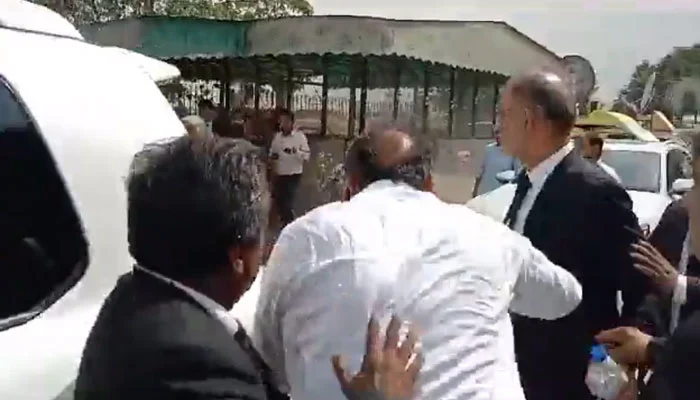

 Business3 days ago
Business3 days ago
 Business3 days ago
Business3 days ago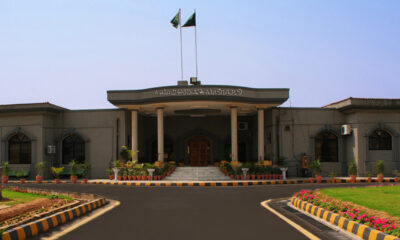
 Latest News2 hours ago
Latest News2 hours ago
 Business2 hours ago
Business2 hours ago
 Latest News3 hours ago
Latest News3 hours ago
 Latest News2 hours ago
Latest News2 hours ago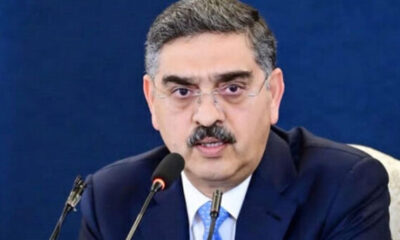
 Latest News2 hours ago
Latest News2 hours ago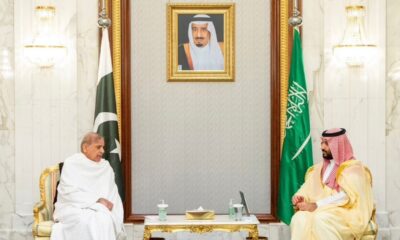
 Latest News3 hours ago
Latest News3 hours ago


